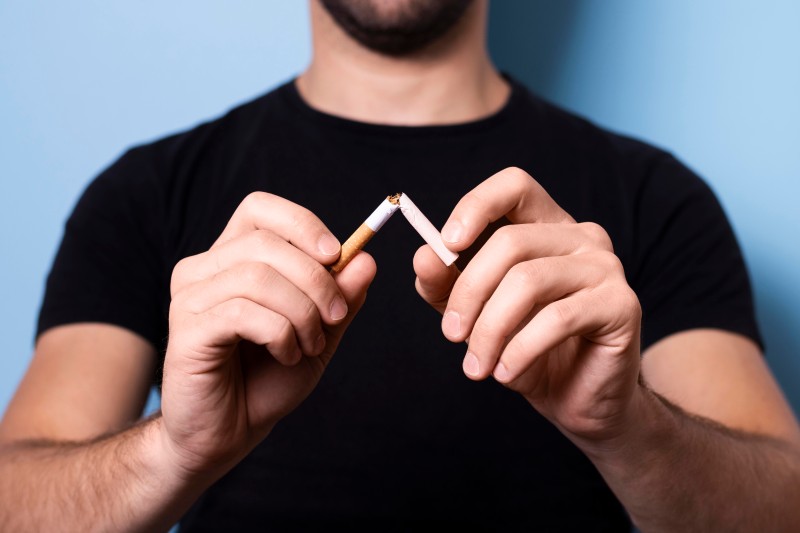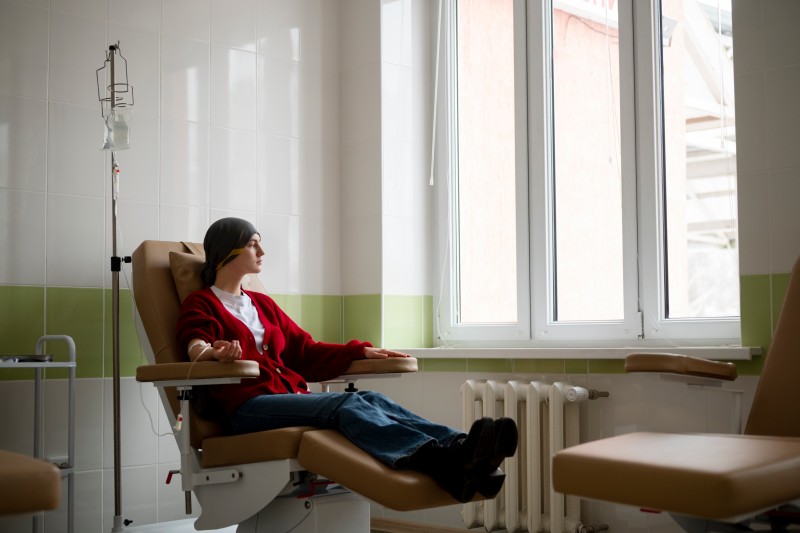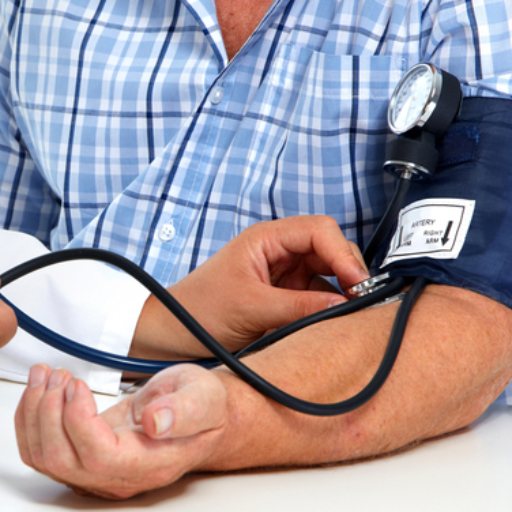Key Takeaways
- Pancreatic cancer is a type of cancer that occurs when cells in the pancreas grow abnormally and uncontrollably.
- Pancreatic cancer can be Exocrine or Neuroendocrine.
- Symptoms include jaundice, abdominal and back pain, fatigue, bloating, and weight loss.
- Risk factors include smoking, obesity, and exposure to chemicals.
- Treatment options include surgery, radiation, chemo, and targeted therapies.
Pancreatic cancer affects your pancreas. Its symptoms include nausea, bloating, fatigue, jaundice and lack of appetite. Treatments include surgery, chemotherapy and radiation therapy.
What you need to know:
- What is meant by pancreatic cancer?
- Types of pancreatic cancers
- The symptoms of pancreatic cancer
- Potential causes for pancreatic cancer
- Treatment options for pancreatic cancer
- Prevention tactics
What is meant by pancreatic cancer?
Your pancreas is a gland in your abdomen between your spine and stomach. It makes hormones that control blood sugar levels and enzymes that aid digestion. Pancreatic cancer occurs when cells in your pancreas mutate (change) and multiply out of control, forming a tumor. Most pancreatic cancers start in the ducts of your pancreas.
Types of pancreatic cancers
There are two main types of pancreatic tumors:
Exocrine
Over 90% of all pancreatic tumors are exocrine tumors. The most common type of pancreatic cancer is adenocarcinoma, which begins in the cells that line your organs. Adenocarcinoma cancers can affect several areas of your body, including your lungs, stomach, pancreas and colon.
Neuroendocrine
Less than 10% of pancreatic tumors are neuroendocrine tumors (NETs). They are a group of uncommon tumors that start in specialized cells in your neuroendocrine system. They are most common in your GI tract, lungs and pancreas but can form wherever neuroendocrine cells are in your body.
The symptoms of pancreatic cancer
Pancreatic cancer does not present any early signs. Symptoms typically emerge once the tumor starts impacting other organs in your digestive system. Pancreatic cancer symptoms may include:
- Jaundice or yellowing of your skin
- Dark urine
- Light-colored stool
- Upper abdominal pain, which most often involves your digestive system or your biliary system (a network of organs and ducts that produce, store, and release bile into the small intestine to help digest food)
- Middle back pain
- Fatigue or extreme tiredness
- Itchy skin
- Nausea and vomiting
- Gas or bloating
- Lack of appetite
- Blood clots or semi-solid or gel-like masses that form in your arteries and veins
- Weight loss
- New-onset diabetes which is a condition that happens when your blood sugar is too high
Potential causes for pancreatic cancer
We do not know precisely what causes pancreatic cancer. However, experts have identified some risk factors.
Smoking

Smoking is when you inhale smoke from burning plant material. Nicotine present in the smoke works on your brain to create a relaxing, pleasurable feeling that makes quitting challenging. Smoking cigarettes, cigars and other forms of tobacco put you at risk for cancer.
Obesity
Body mass index (BMI) measures the relationship between body weight and height. A BMI of 30 or higher is the usual benchmark for adult obesity. People with obesity, particularly extra weight around their waist, put you at risk for cancer.
Exposure to chemicals
Pesticides are chemical compounds that kill pests, including insects, rodents, fungi and unwanted plants. Petrochemicals are the chemical products obtained from petroleum refining. Exposure to these chemicals (pesticides and petrochemicals) can cause cancer. Also, exposure to chemicals in the dry cleaning, metalworking, and textile industries can increase the risk of pancreatic cancer. Some of them are:
- Chlorinated hydrocarbons
- Polycyclic aromatic hydrocarbons (PAHs)
- Metals
- Nitrosamines
Treatment options for pancreatic cancer
Even though pancreatic cancer has a poor survival rate, complete remission is possible with early detection and treatment. Following are some pancreatic cancer treatment options:
Surgery
Surgery is the only realistic way to cure pancreatic cancer. But surgeons only recommend it when they think they can remove all of the tumor. For surgery to be successful, the cancer must be confined entirely to the pancreas. Even then, total cancer removal may not be possible. Different surgical techniques include:
- Whipple procedure (pancreaticoduodenectomy) – Performed when the tumor is in the head of your pancreas (the widest part of your pancreas, near your small intestine)
- Distal pancreatectomy – When the tumor is in the tail of your pancreas
- Total pancreatectomy – When cancer has spread throughout your pancreas, but resection (removal) is still possible
Radiation therapy
Radiation therapy uses high-energy X-rays to kill cancer cells. Healthcare providers commonly use this approach to treat pancreatic cancer. Most often, providers combine radiation therapy with chemotherapy (chemoradiation). They may recommend it before, after, or as part of your primary cancer treatment. Radiation therapy can also help ease pancreatic cancer symptoms in people who do not qualify for surgery (in cases of advanced cancer).
Chemotherapy

Chemotherapy uses drugs that kill cancer cells. Healthcare providers give these drugs in pill form or through an IV in your arm. Providers use chemotherapy as a stand-alone treatment – especially for people with advanced pancreatic cancer. They may also recommend chemotherapy before surgery to shrink the tumor or after surgery to kill any remaining cancer cells.
Targeted therapy
This treatment uses drugs that target specific proteins, which control how cancer cells grow and spread. Providers may combine targeted therapy with other treatments, such as radiation therapy.
Prevention tactics
Pancreatic cancer is one of the most challenging forms of cancer due to its typically late diagnosis and aggressive progression. Early detection, improved treatment options, and ongoing research are crucial in the fight against this disease. Prevention strategies, such as maintaining a healthy lifestyle, managing weight, quitting smoking, and limiting alcohol intake, can lower the risk of developing pancreatic cancer. You can take meaningful steps toward prevention and early intervention by staying informed and proactive about personal health.
Stay tuned to the Activ Living Community. Keep up to date with the latest health tips and trends through expert videos, podcasts, articles, and much more on nutrition, fitness, mindfulness, and lifestyle conditions like Asthma, Blood Pressure, Cholesterol, and Diabetes. Activ Living ke saath sahi sehat ki shuruat ABHI karo.
You may also be interested in the following blogs:
- 4 Lifestyle Changes To Prevent Throat Cancer: From Diet To Exercise
- How To Make The Best Out Of Your Life After Breast Cancer
Popular Searches
How to lower blood pressure | Fruits good for liver | Unhealthy foods | Ragi Benefits | Basal Metabolic Rate | Acupressure points for High Blood Pressure | Ayurvedic medicine for blood pressure | How to control cholesterol at home | Homeopathy for Asthma | Biological Age | Home remedies for TB | Natural beta blockers | Negative effects of internet | Types of walking | Blood pressure calculator | Blood sugar calculator | BMI Calculator





 1800-270-7000
1800-270-7000







